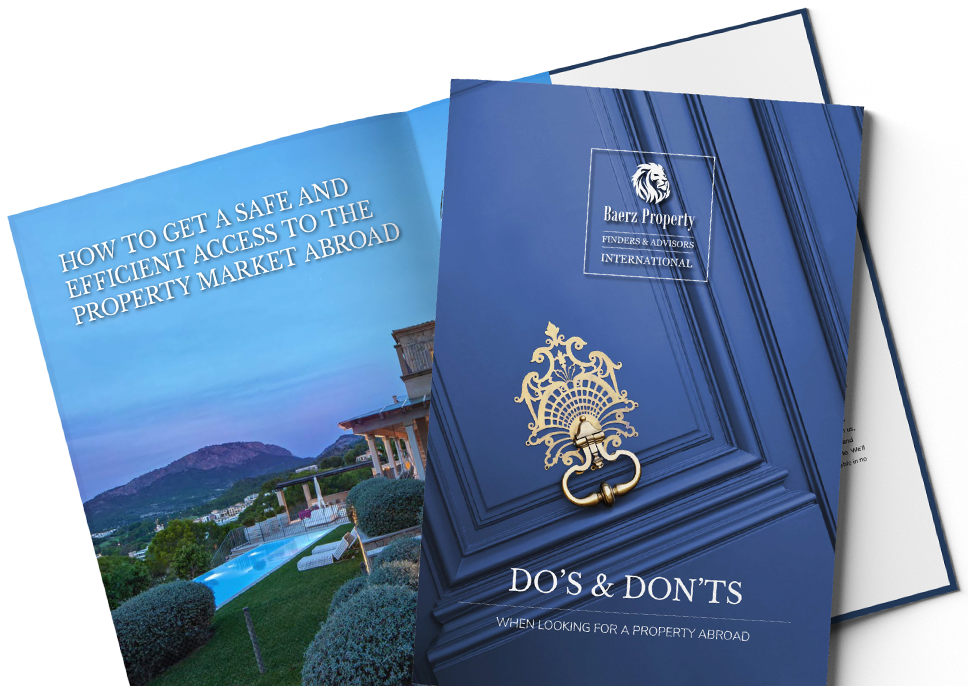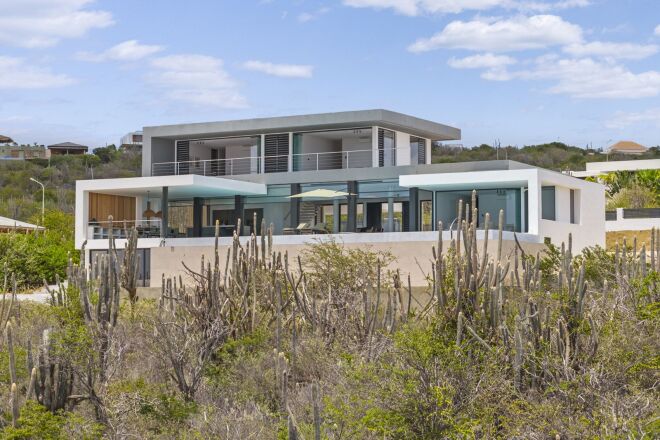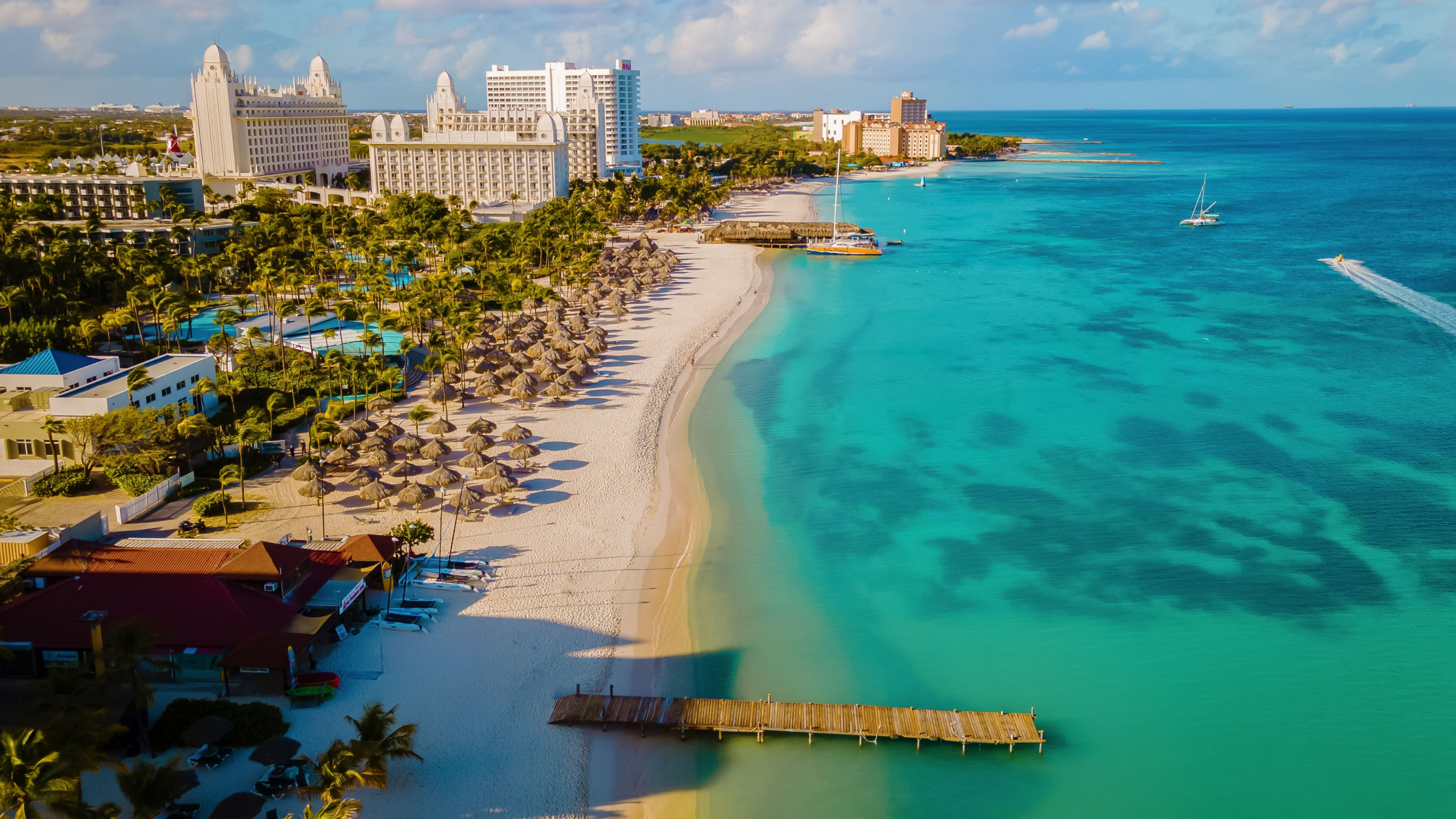
Bonaire luxury properties market is characterised by naturally limited inventory, sustained by strong demand from international buyers. The market’s tempo is steady, as exclusive homes seldom become available, creating a climate of patient acquisition. Prices for prime seafront estates and villas have demonstrated resilience, supported by the island’s appeal to those seeking privacy, stability, and distinctive oceanfront living.
Bonaire’s most desired addresses include waterfront enclaves such as Sabadeco, Punt Vierkant, and luxurious sectors surrounding Kralendijk. Contemporary villas with private sea access, resort-affiliated residences, and custom-designed hilltop retreats represent the core of the premium segment. Buyers often favour privacy, proximity to dive sites, and panoramic sea views. The market is shaped by Dutch, North American, and European buyers, often acquiring as a second or third residence, and expectations for maintenance and management services are high.
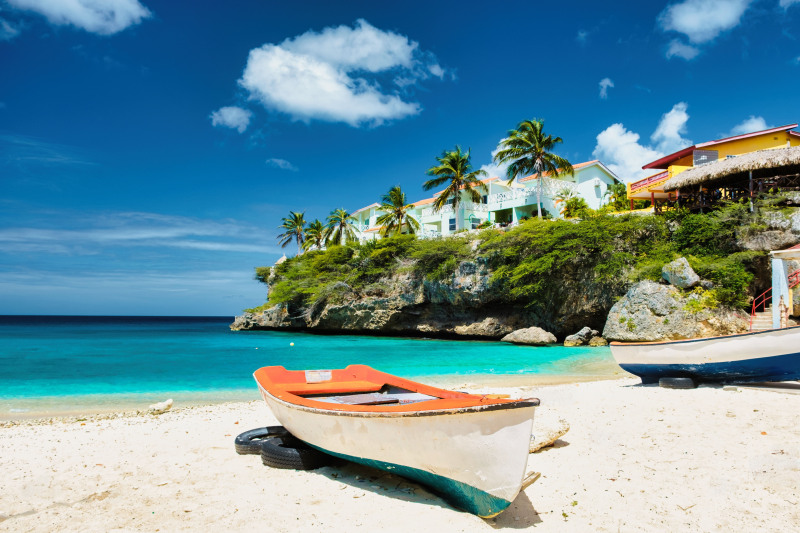
Bonaire presents a singular proposition for families and individuals seeking both sanctuary and sound investment. Its measured development strategy ensures that luxury homes retain exclusivity and long-term appeal, while a relaxed pace of life and robust community dynamics add social and cultural value for residents. Many choose Bonaire for personal retreats, secure holiday homes, or as a base to explore the Dutch Caribbean, benefiting from direct connections to Europe and the Americas.
Property transfer processes on Bonaire follow Dutch civil law, offering transparency and clear title. Purchasers may acquire full freehold or leasehold, with due diligence conducted by local notaries experienced in high-value transactions. Foreign buyers face no substantive restrictions, and the market rewards timely, decisive offers, especially for beachfront assets. Agents accustomed to discreet, bespoke commissions ensure introductions to off-market properties, protecting sellers’ privacy and buyers’ interests alike.
Luxury homeowners frequently rent properties as short-term holiday lets, capitalising on Bonaire’s global reputation among divers and eco-travellers. Professional management companies handle rental operations including guest curation, maintenance, and compliance. Occupancy rates remain robust during peak travel seasons, especially for homes with unique amenities. Owners benefit from flexible personal use and attractive yields, provided compliance with local permitting and operational norms.
Navigating Bonaire’s evolving market requires insight beyond published listings. Seasoned advisors broker access to off-market estates, streamline negotiations with local sellers, and facilitate introductions to trusted legal and management experts. Their discretion, market knowledge, and tailored strategy ensure that each acquisition aligns with your investment objectives and lifestyle aspirations, while safeguarding privacy and value.
Remote work capabilities have expanded, with robust digital infrastructure supporting executive and creative professionals. Boutique hospitality continues to thrive, catering to luxury travellers, while luxury vacation rentals offer consistent demand from a global clientele. Entrepreneurs are increasingly invested in sustainable development, wellness tourism, and culinary ventures, reflecting the island’s conscientious growth and conservation priorities. Family offices find Bonaire’s regulatory clarity and stable environment conducive to strategic, long-term planning.
Bonaire benefits from stable governance as a special municipality of the Netherlands, with strong rule of law and reliable institutions. Investment in infrastructure ensures high-quality transport, water, and energy supplies. The island’s drive for sustainable tourism maintains its competitive edge, underpinned by safety and transparency. These factors offer buyers and investors long-term confidence and resilience against regional volatility.
Utility rates reflect island logistics, with water and electricity moderately higher than some regional peers due to import reliance; solar integration is increasingly popular. Domestic staff, from groundskeepers to chefs, are available through reputable agencies, with compensation aligned to European standards. Premium dining and provisioning options cater to international tastes, with pricing reflecting the island’s exclusivity. Overall, living costs meet expectations for a Caribbean haven offering quality and privacy without urban congestion.
Life on Bonaire is quietly cosmopolitan, drawing together individuals who value discretion and authentic experiences. The island is celebrated for world-class diving, kitesurfing, and nature reserves. Kralendijk’s boutiques, galleries, and restaurants set a cultured tone, complemented by an active calendar of regattas and international events. Refined spa retreats and bespoke yacht charters round out a lifestyle that values harmony, well-being, and subtle luxury.
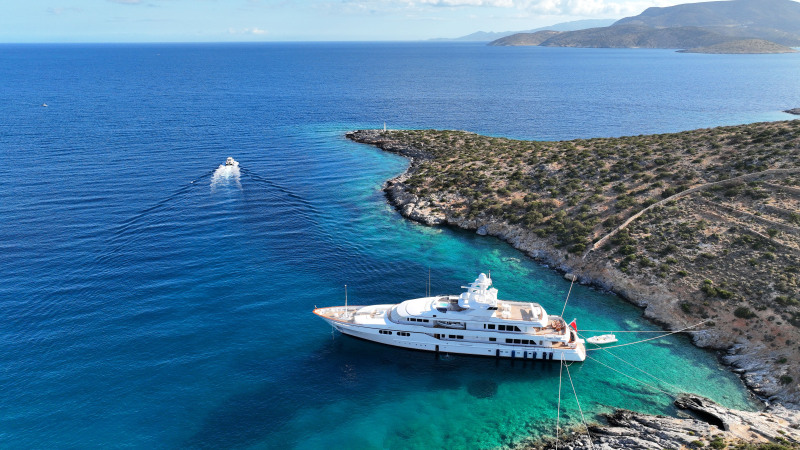
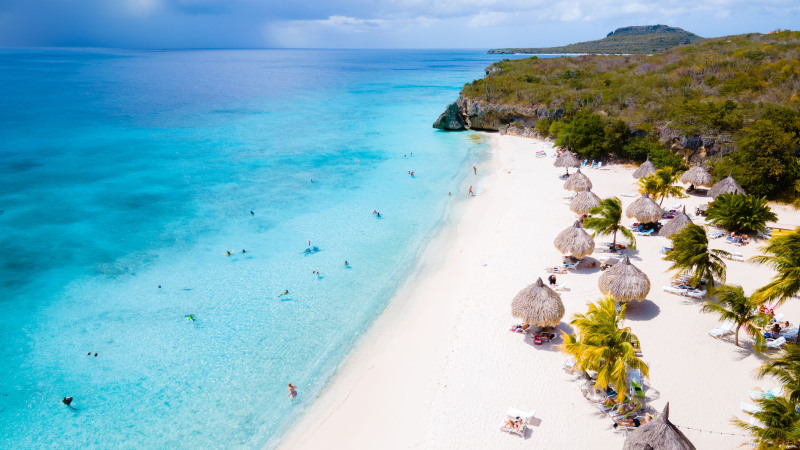
Bonaire enjoys a consistently warm, sunny climate, with cooling trade winds moderating temperatures year-round. Rainfall is scarce and concentrated mainly between October and January. Sea conditions are reliably clear and calm, supporting marine pursuits throughout every season. This reliable weather profile enhances both personal enjoyment and the security of property investments.
Our portfolio is curated to showcase only the most remarkable real estate opportunities on Bonaire. From architect-designed beachfront homes to quiet hillside estates, each listing offers an elevated standard, refined amenities, and outstanding views, allowing you to select with discernment.
